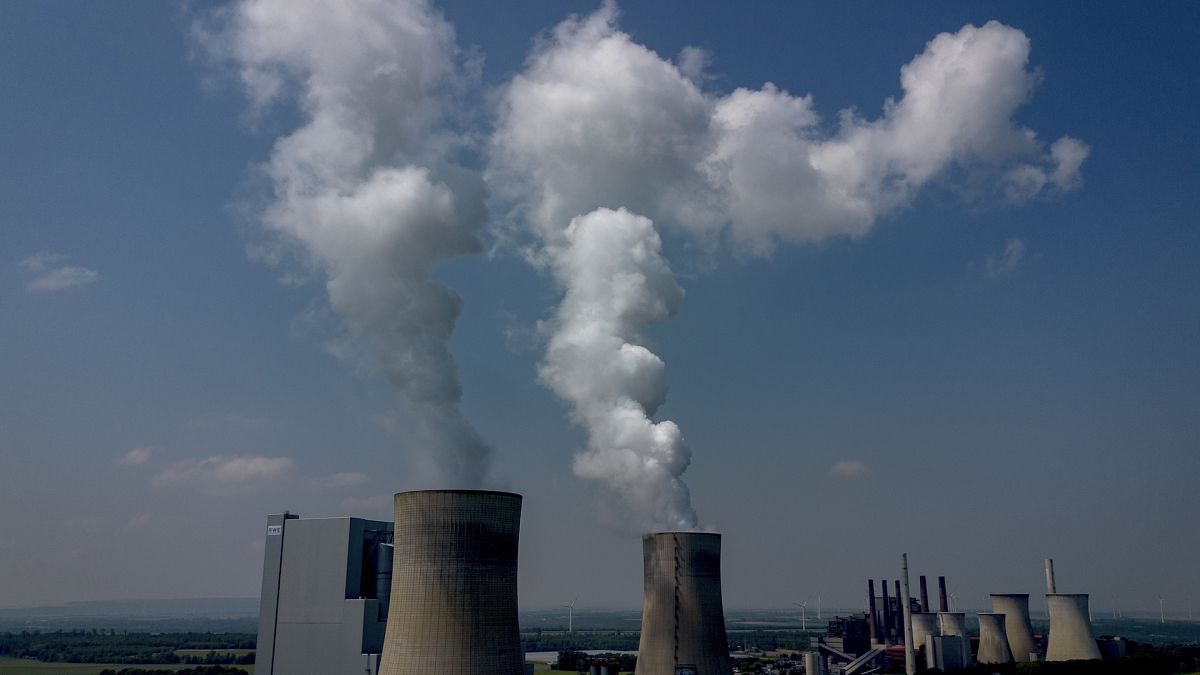In a vibrant, expansive area on the first floor of 750 Main Street, Cambridge, Massachusetts, a cutting-edge carbon capture company is heating molten salts to a scorching 600 degrees Celsius, just a few feet away from a quantum computing company meticulously supercooling qubits. It’s fascinating to witness a temperature difference of nearly 900 degrees over a mere 15 feet.
During a tour of The Engine Accelerator, it quickly becomes clear that this isn’t your average co-working space. Here, innovative companies are striving to develop groundbreaking technologies, a concept the leaders of The Engine Accelerator call “tough tech.”
Housing four floors and encompassing 150,000 square feet adjacent to the MIT campus, this new facility provides startups with specialized lab equipment, advanced machining resources, fabrication facilities, office spaces, and an array of startup support services.
The primary aim is to equip young companies that intertwine science and engineering with all the essential tools to transition ideas from lab benches to their own mass production lines.
“Infrastructure has always been a critical component in accelerating the growth of these types of companies,” says Emily Knight, President of The Engine Accelerator. “Now, entrepreneurs can start building from day one. Real estate plays such a huge role, so our vision was to invest in this infrastructure for founders. The agile leasing model allows them the flexibility they need as they expand.”
Since the facility opened in summer 2022, The Engine Accelerator has welcomed nearly 100 companies that collectively employ around 1,000 individuals. Alongside state-of-the-art space, members benefit from educational workshops in areas like fundraising and hiring, as well as networking events designed to cultivate a strong community among those working in tough tech.
“We’re not merely supporters of the startups within our space,” Knight emphasizes. “We advocate for tough tech as a foundational element for Massachusetts, and we see it as key to enhancing national competitiveness.”
Creating a Hub for Tough Tech
Founded in 2016 as a public benefit corporation, The Engine originated from MIT with a mission to bridge the divide between discovery and commercialization. Since its inception, it has included an investment component, now referred to as Engine Ventures, along with a shared services aspect.
When The Engine first opened its doors to startups in its initial location on Massachusetts Avenue in Cambridge, the services team observed the distinct challenges faced by tough tech startups. Conversations with founders revealed the urgent need for more power, resilient flooring, and fully equipped laboratory spaces.
In response to these needs, the team transformed a closet into a bio lab and repurposed an unused wellness room into a laser lab. They skillfully managed to accommodate Commonwealth Fusion Systems as they prepared for the arrival of a 5,000-pound magnet for testing.
However, the ambition to support visionary founders required a larger scale. Starting in 2017, MIT leaders contemplated repurposing the long-vacant old Polaroid building next to the MIT campus as the new home for tough tech.
Despite the challenges posed by the Covid-19 pandemic, construction crews began extensive renovations of the Accelerator in late 2019. They cleverly navigated supply chain disruptions but quickly discovered that each floor had varying ceiling heights and uniquely positioned mushroom columns.
Based on extensive discussions with founders, the Accelerator team outfitted the renovated space with collaborative office areas, a comprehensive machine shop, biology and chemistry labs, a full suite of 3D printers, bike storage, and even cold brew coffee on tap.
“I view the Accelerator as an exceptional Airbnb host rather than a landlord,” says Bernardo Cervantes, PhD ’20, co-founder of Concerto Biosciences. “It feels like you’ve rented the entire house due to the incredible access to equipment.”
The Accelerator’s team acknowledges MIT leadership’s crucial role in managing this project, particularly noting the support from MIT’s Environment, Health and Safety office.
A mere week after the Accelerator opened its doors in August 2022, 35 companies moved in on a particularly hot day. By 2023, this space was home to 55 companies, and the Accelerator’s team remains committed to facilitating further growth.
“At one point, a team member came to me, a bit sheepishly, stating, ‘I gave our office space to a startup,’” Knight reminisces. “I cheered! That signifies our understanding — we don’t need an office; we can work anywhere.”
The first floor showcases some of the larger machineries, including that molten salt apparatus (developed by Mantel Capture) and a quantum computing device (crafted by Atlantic Quantum). The subsequent level features a comprehensive machine shop and fabrication space filled with every conceivable 3D printer, enabling companies to swiftly prototype their products or parts. Another floor, affectionately termed “the Avenue,” consists of a communal kitchen and tables that encourage networking and spontaneous meetings. It’s lined with impressive garage doors that open to accommodate larger gatherings for workshops and events.
“We wanted to create a space where, despite differing work environments, founders could still connect and assist each other with 3D printing, hiring, or any other needs,” Knight points out. “Casual interactions are essential for startup success.”
An Ecosystem for Global Change
Interestingly, only about 20% of the companies at the Accelerator are part of Engine Ventures’ portfolio. Both entities work independently but share their insights on supporting tough tech startups, with Engine Ventures maintaining an office at the Accelerator.
Engine Ventures CEO Katie Rae emphasizes this partnership as mutually beneficial. “Creating robust services for all tough tech companies, not just our portfolio, was essential,” Rae explains. “Our collaborative efforts, such as the Tough Tech Summit, reflect this vision. It’s all about elevating each other; collectively, these companies are innovating to impact the world positively.”
Rae expresses gratitude for MIT’s partnership, which enhances their ability to support startups swiftly and safely. “Collaborating with MIT, an institution steeped in innovation and safety, allows greater flexibility,” she says. “To tackle global challenges at breakneck speed, embracing an attitude of swift and safe execution is paramount, and that mindset is at the heart of The Engine.”
Meanwhile, Knight asserts that her team is continuously evolving alongside the tough tech community, dedicated to enhancing their support.
“A wealth of insights flows from these companies,” Knight states. “We focus on iterating our services to respond to their needs, meaning we can approach our team and ask, ‘Could you organize a program to meet the requests of these founders?’ Every founder in our community receives a badge for easy access. We aim to establish a tough tech hub within this already innovation-rich Kendall Square area.”
Photo credit & article inspired by: Massachusetts Institute of Technology



